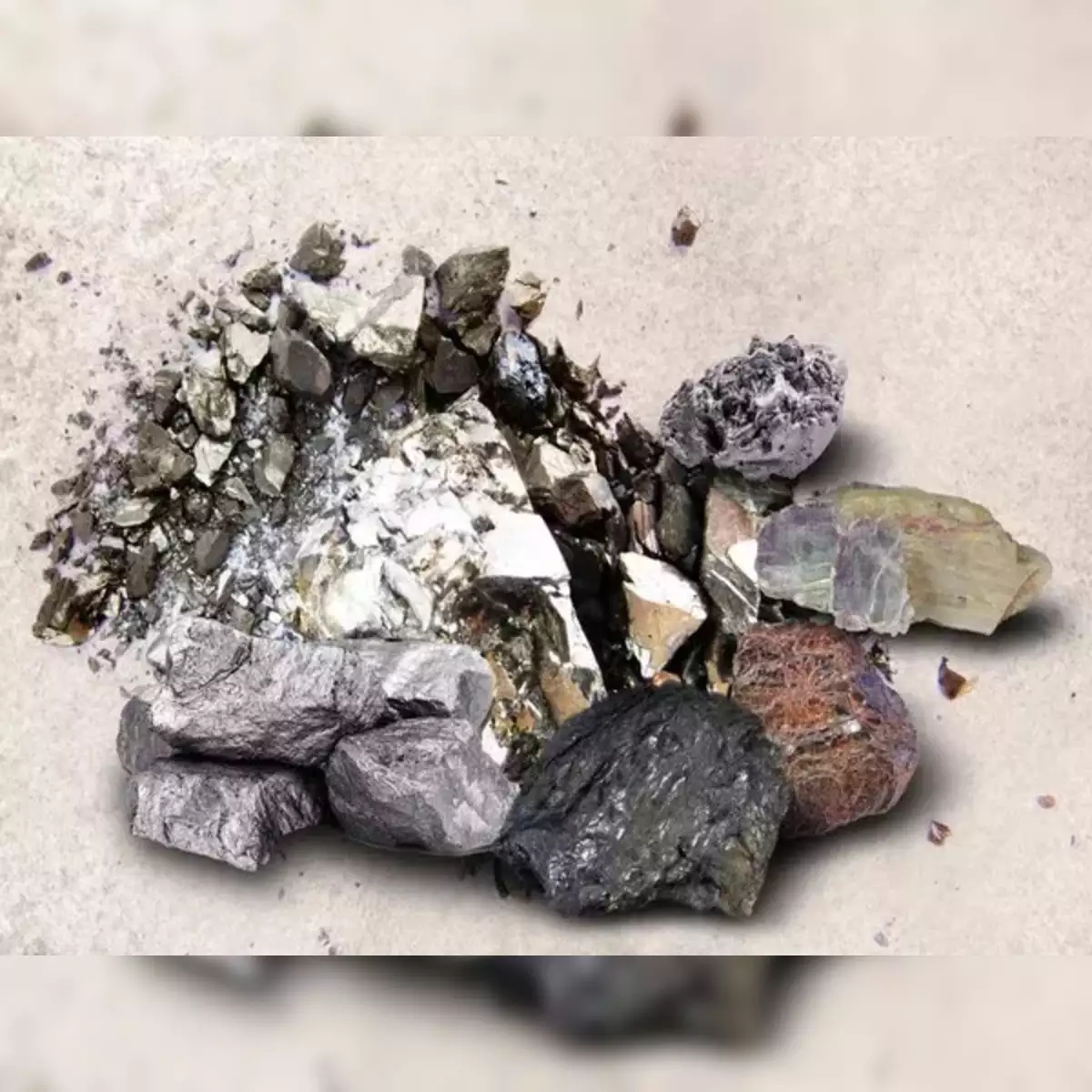India–US Trade Tensions Rise Over Steel and Auto Tariffs NMDC Limited reports a 38% drop in Q4 FY24 consolidated net profit RINL to Raise $23 Million Through Land Sales Amid Crisis

India's drive for critical mineral self-sufficiency is facing another blow after the government postponed the preferred bidder selection process for the first round of critical mineral blocks by three months. This decision comes shortly after the government cancelled the auction process for 13 blocks in March due to a lack of interest from possible bidders.
A letter from the Ministry of Mines states that the deadline for choosing the best bidders for the final seven mining blocks was originally set for April 18 but has now been pushed back to July 8.
Industry insiders predict that the second auction round's schedule will also be delayed, given the challenges faced by the ₹45,000 crore first auction round. A ministry statement said 56 physical bids and 56 online bids were received for 18 of the 20 blocks.
The query sent to the ministry, seeking reasons for delaying the auction process, remained unanswered until the time of going to press. While government sources attribute the delay to the Lok Sabha elections, experts disagree. An expert said this raised questions about why technically qualified bidders (TQBs) had not been selected thus far.
The Centre inaugurated the first round of critical minerals auction in November, initially setting March 11 as the final date for selecting preferred bidders. However, this date has been amended twice since then. On March 13, the government announced cancelling 13 blocks, with two receiving no bid and 11 having fewer than three TQBs. The two blocks that did not attract any bids are molybdenum minerals in Tamil Nadu.
The maiden auction of critical minerals by the Centre has faced a setback with close to seven blocks, including the lithium block in Jammu & Kashmir (J&K), finding almost no takers, Business Standard recently reported
According to the Mineral (Auction) Rules, 2015, if the number of TQBs is less than three, no TQB is considered a qualified bidder, and the first attempt of the auction is annulled. Since the ministry failed to secure a minimum of three bids for these blocks, it announced a second auction round for seven blocks on March 14.
During the launch of the auction process on November 29, Union Mines Minister Pralhad Joshi expressed confidence that India would achieve self-sufficiency in critical minerals. He estimated the value of these blocks at ₹45,000 crore. However, experts expressed scepticism regarding India’s ability to achieve self-sufficiency in critical minerals. This is due to a lack of clarity on the potential data of the reserves.
According to the United Nations Framework for Classification of Resources, mineral exploration is divided into four stages: G4 (reconnaissance), G3 (prospecting), G2 (general exploration), and G1 (detailed exploration). In addition to the lack of clarity on reserves, the high cost of exploration investment has deterred potential investors from participating in the bidding process.
This setback raises concern about India’s ability to reduce its import reliance. Most of these minerals are imported from China, which is the leader in global production and supply of these resources. With investors failing to bid, experts suggest India continue to rely on China to secure its raw materials.
Also Read : Govt should rationalise customs duty in budget to boost domestic manufacturing: ICC Centre begins acquisition of land for building highway to Vadhavan port